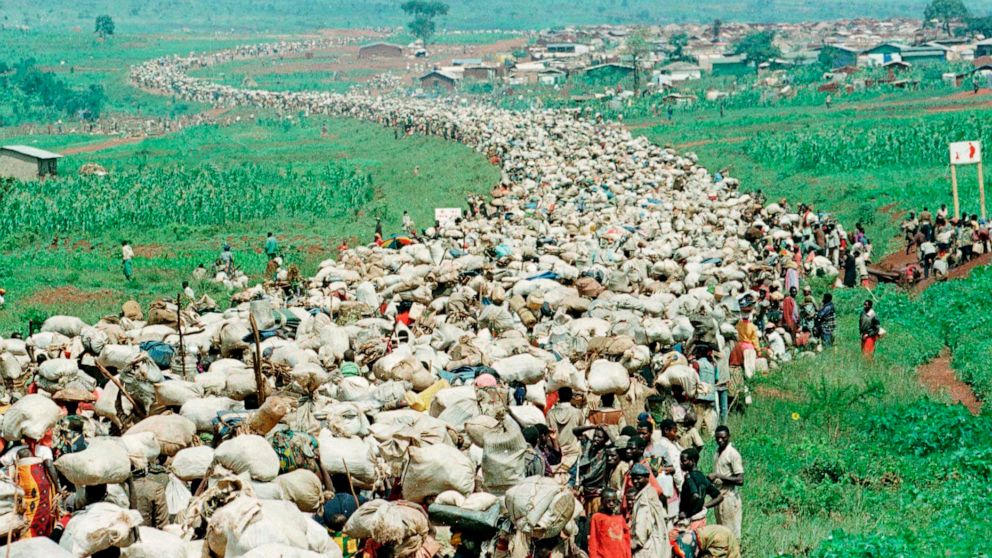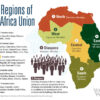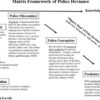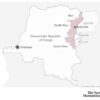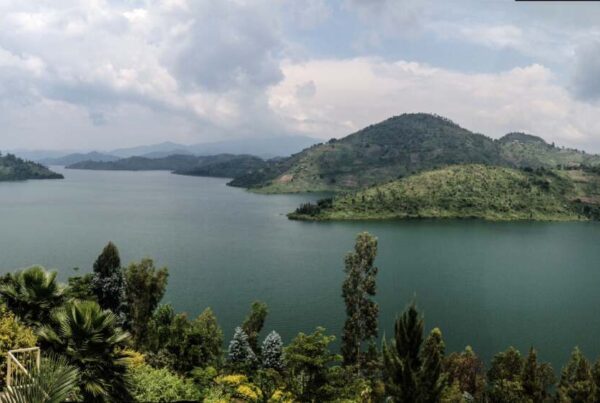Follow
The entire world is aware of the sufferings of the people of Rwanda. The huge genocide of Rwandans is not something that could be hidden or erased from the memory of people, especially those who were directly involved in it. They require justice from international forums. Therefore, the United Nations Security Council formed the International Criminal Tribunals for Rwanda. It aimed at carrying out justice against those accused of the genocide during 1994. The people responsible for carrying out genocide against the Tutsis and moderate Hutus should be charged for violating international humanitarian law and all the unsolicited acts in or around the Rwanda territory.
The International Criminal Tribunals for Rwanda (ICTR) give a remarkable experimental premise to assessing the effect of universal criminal equity on post strife harmony building. The quest for equity might be rejected as a kind gesture but goes in vain. It aims to establish an ethically balanced universe for exhibiting equity for each individual. Additionally, estimating the limit of discipline to predict criminal direct is a complicated effort, particularly when the general public is grasped by brutally. Such groups do not let you see the ethical bonding and increase deviant crimes.
Justice for Rwandans after the genocide
The formation of an interim government of Hutu extremists played a significant role in organizing the genocide. The former Rwandan army and Hutu militia groups known as the Interahamwe (“Those Who Attack Together”) and Impuzamugambi (“Those Who Have the Same Goal”) played a central role which was not acceptable for many human rights representatives. It means considering that the government was responsible for the genocide would not be wrong. However, the United Nations (UN), which already had peacekeeping troops in the country for a monitoring mission (United Nations Assistance Mission for Rwanda; UNAMIR), made unsuccessful attempts to mediate a cease-fire and stop mass killings of the Tutsis and moderate Hutus. Immediately following the 100 days of unimaginable killings, the ICTR statute was established to look after the misfortunate scenarios after this genocide and bring to justice those responsible for carrying out the genocide.
The 20th anniversary provides an opportunity to reconsider the causes and outcomes of this genocide. It can boost the interest of the national and international groups to help them fight for the rights of people living in Rwanda, as well as those Rwandans desiring to return to their home country. It will also boost the morale of individuals who faced the extreme loss of their close ones during the genocide. It is necessary to take exemplary actions against those who planned, ordered, and carried out these horrific crimes. It is necessary to prevent people from going against humanitarian law in the future.
But has it? The ICTR completed its mandate in 2015, yet still, Muslims in the Central Africa Republic and the Rohingya people in Myanmar have experienced similar atrocities Rwandans endured in 1994. What can the international community do to stop the mass violation of humanitarian law around the world?

